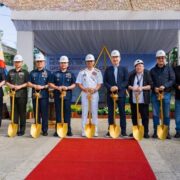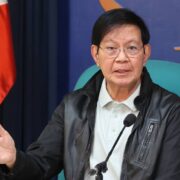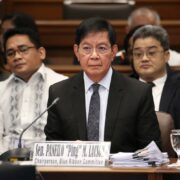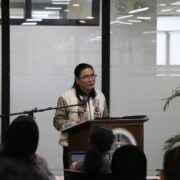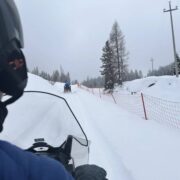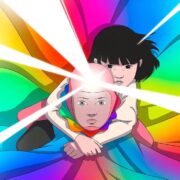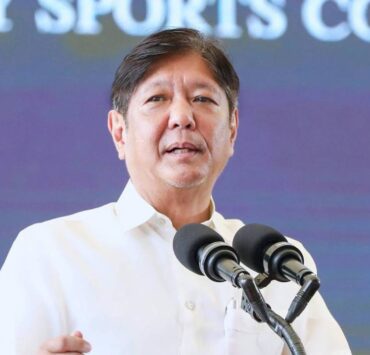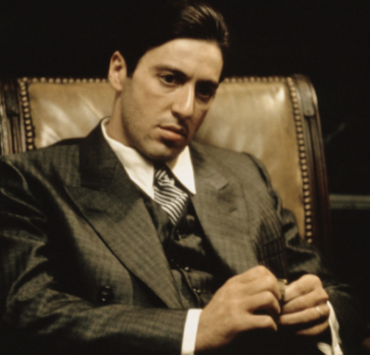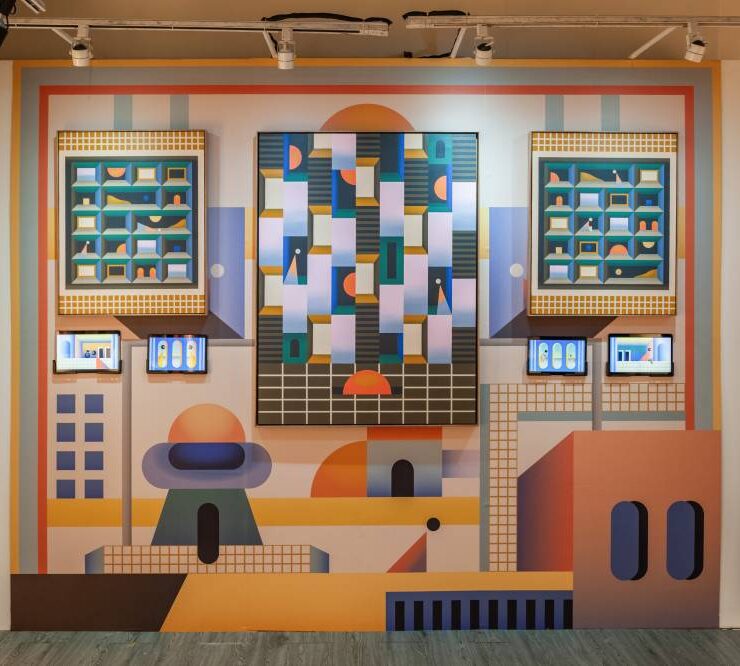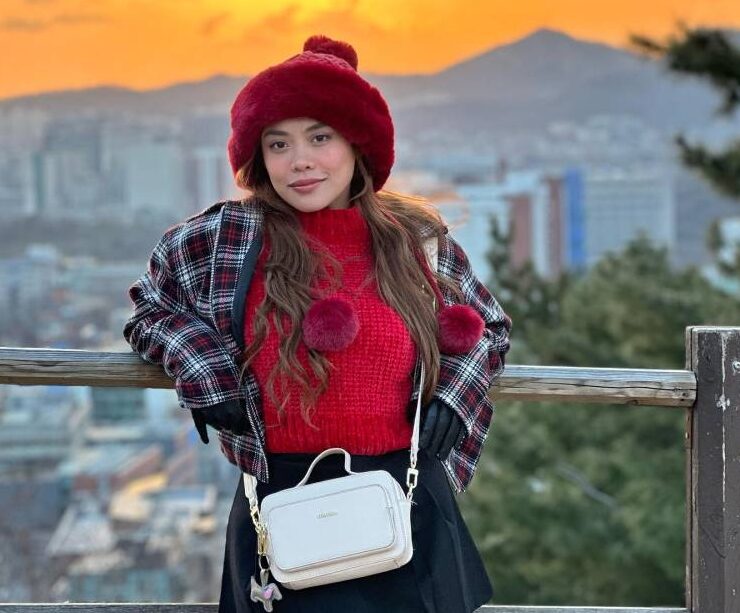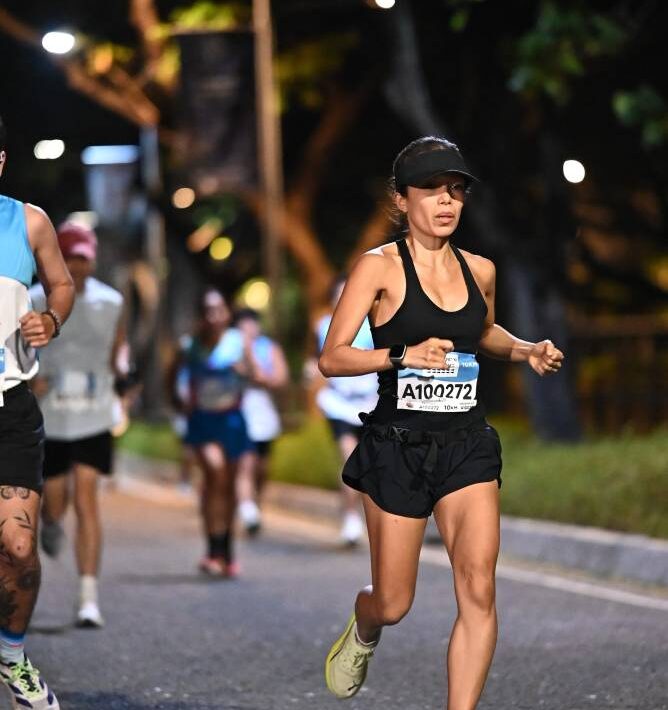Exploring the power of physicality in acting
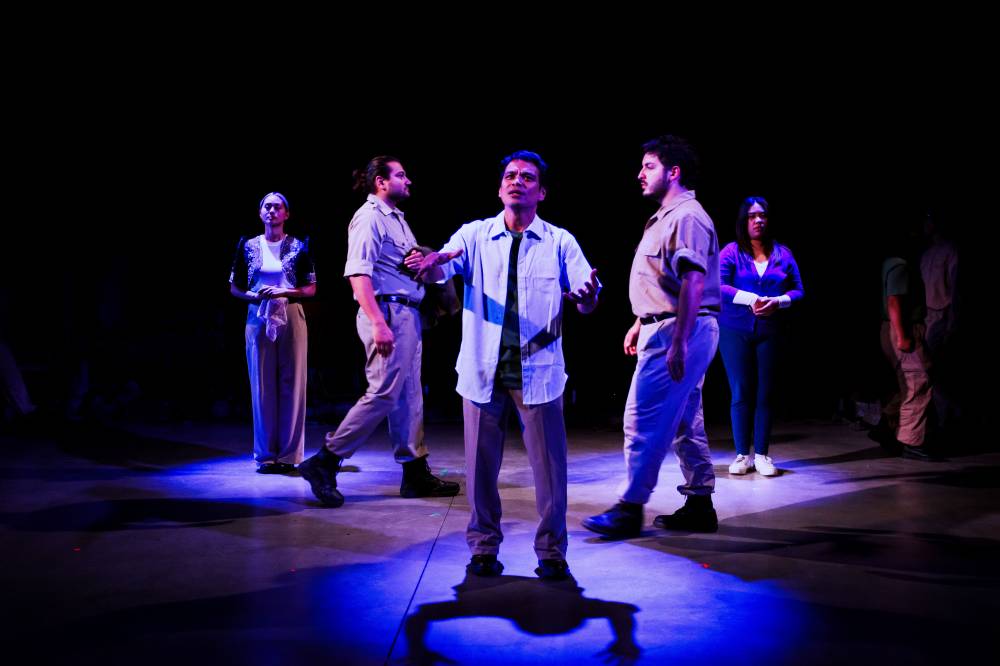
People who dream of working in theater, film, and television often seek training that offers both a diverse range of ideas and an affordable program.
Multi-hyphenate artist Edralin “Bong” Cabrera has developed a program that underscores the value of physicality, emphasizing how the actor’s use of their body is crucial in embodying a character and achieving a fully realized performance. This approach complements traditional acting methods, which focus on naturalism and emotional authenticity.
His workshop, “Mugna” (meaning “to create” in Bisaya), is an artists’ hub and workshop that incorporates the Viewpoints and Suzuki Method for Actors.
Developed by choreographers, Viewpoints provides actors a framework for improvisational movement based on timing, spatial relationships, and actor exercises. The defunct Siti Company, an influential theater ensemble led by director Anne Bogart, championed this approach, encouraging actors to explore movement in novel ways. This fosters creativity and expands theatrical possibilities through nine core principles: shape, tempo, repetition, kinesthetic response (spontaneous reaction to another actor’s movement, environment) or stimulus, gestures, topography (movement through space), duration, architecture (how the environment influences the actor), and spatial relationships (the actor’s distance between objects and bodies).
Rigorous training
The Suzuki Method, developed by director Tadashi Suzuki, emphasizes rigorous physical and vocal training. It’s a method that helps actors become more attentive to their bodies by disrupting their usual movement patterns. When you suddenly stop moving, it creates a sense of stillness and anticipation, making your subsequent movements more dynamic and expressive. Through repetitive exercises focusing on core alignment, breath control, and mindful movement, actors develop heightened body awareness, discipline, and the ability to express energy with power and precision.
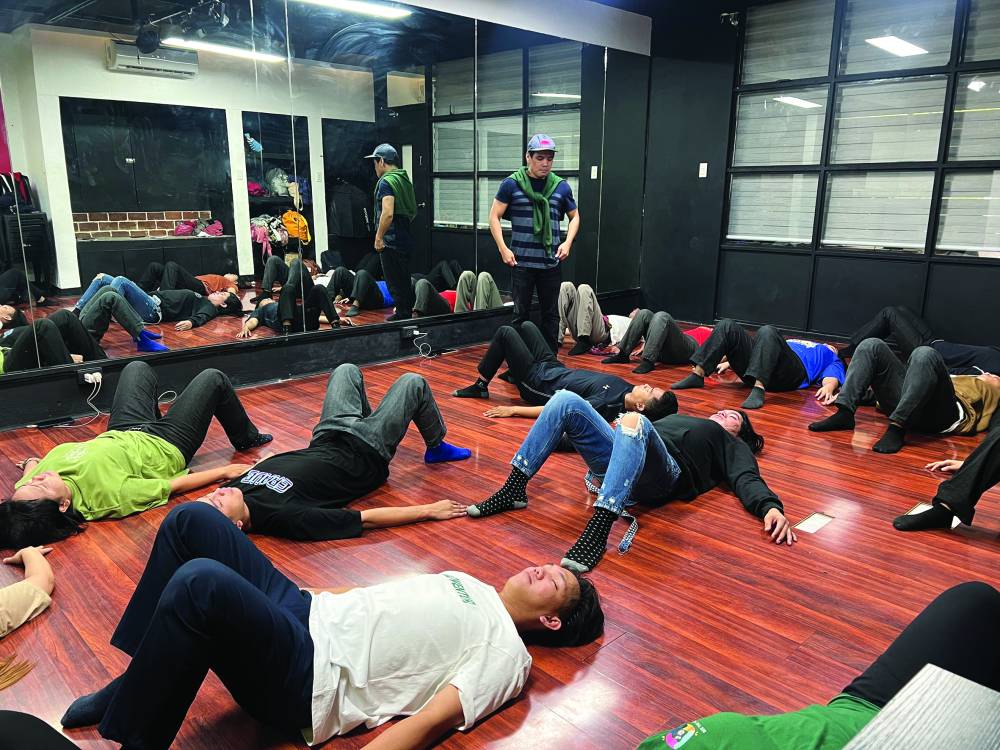
“You don’t need to ‘mug’ to show anger,” Cabrera explains. “In real life, anger arises from the gut.”
Essentially, these training methods equip actors with the tools to go beyond reciting lines and inhabiting a character. They can actively shape the audience’s experience of time and space. They can make moments feel slow or fast and convey changes in time such as suggesting the age of the character through movement instead of dialogue.
Acting journey
Cabrera has a distinguished 20-year career spanning theater, film, television, education, and direction. This international artist has trained and collaborated with fellow creatives worldwide, from Los Angeles to Berlin. As an Asian Cultural Council fellow, he studied performance methods in New York, including a significant period with the Siti Company.
Integral to Siti’s training, Viewpoints and the Suzuki Method foster a profound connection between the actor’s body, voice, and the theatrical space.
Growing up in Leyte, Cabrera learned folk dancing from his mother, a member of a Cebuano troupe. He participated in school programs, though he admits he was largely unaware of the theater arts. His perspective shifted when he read a newspaper article about Lea Salonga winning a Tony Award for “Miss Saigon.” “I mistakenly thought Pinoys were so talented that she won a beauty contest,” he recalls.
His understanding of theater deepened when he accompanied a friend to a play audition in Cebu. The director invited him to try out, and he landed a role. After appearing in several productions in Cebu, he sought opportunities in Manila, becoming a resident artist of Tanghalang Pilipino, the resident theater company of the Cultural Center of the Philippines, from 2004 to 2011. “I was driven to explore other techniques and theatrical approaches to enrich my character development,” Cabrera explains.
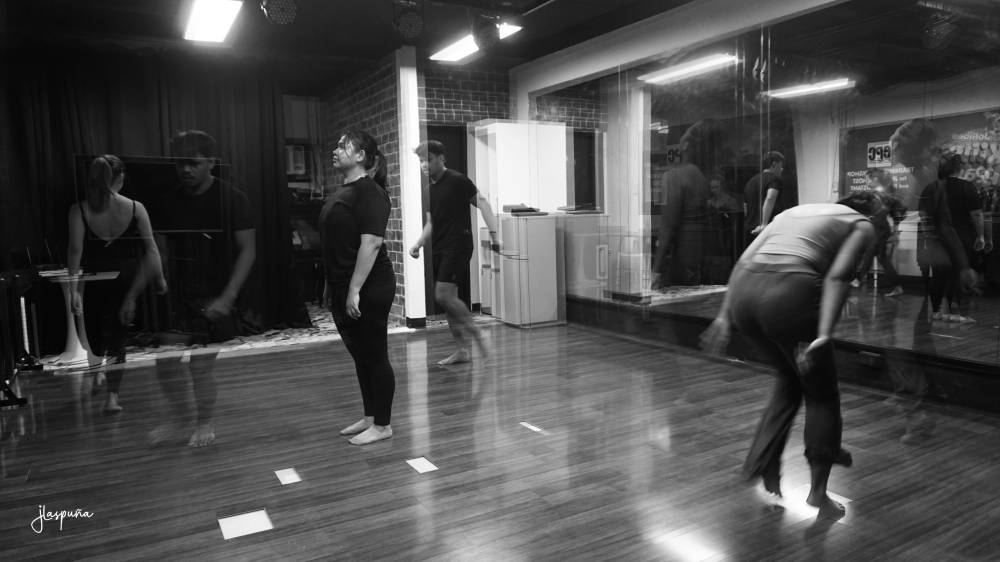
Furthermore, he was one of 200 selected from a pool of 3,000 applicants for the Berlinale Talents 2023, a talent development program of the Berlin International Film Festival. He was further distinguished as one of 10 participants in their acting program.
Cabrera has had a multifaceted career, working as a freelance actor, a teacher at prestigious schools and theater festivals, and an actor in independent films. You might have seen him in the Netflix film “Leonor Will Never Die,” a psychological comedy-drama that was awarded the Special Jury Prize for Innovative Spirit at the 2022 Sundance Film Festival. As of this writing, he has just completed filming scenes with a famous actor for an international project.
Something from nothing
“Workshops were instrumental in helping me develop my acting process,” Cabrera explains. “Relying on a single technique is limiting. Actors need a broad understanding of various approaches and then find what works best for them.” He adds that performing is a multifaceted endeavor, but script analysis and a dedicated process are the basics.
“I am passionate about sharing my knowledge with underprivileged artists who are eager to learn and deeply committed to their craft,” he says.
“Mugna” is a versatile program that can be customized for theater arts teachers, corporate training, and aspiring hosts. “’Mugna’ means ‘to devise something from nothing,’” says Cabrera. He not only provides techniques but also challenges participants to apply their learning.
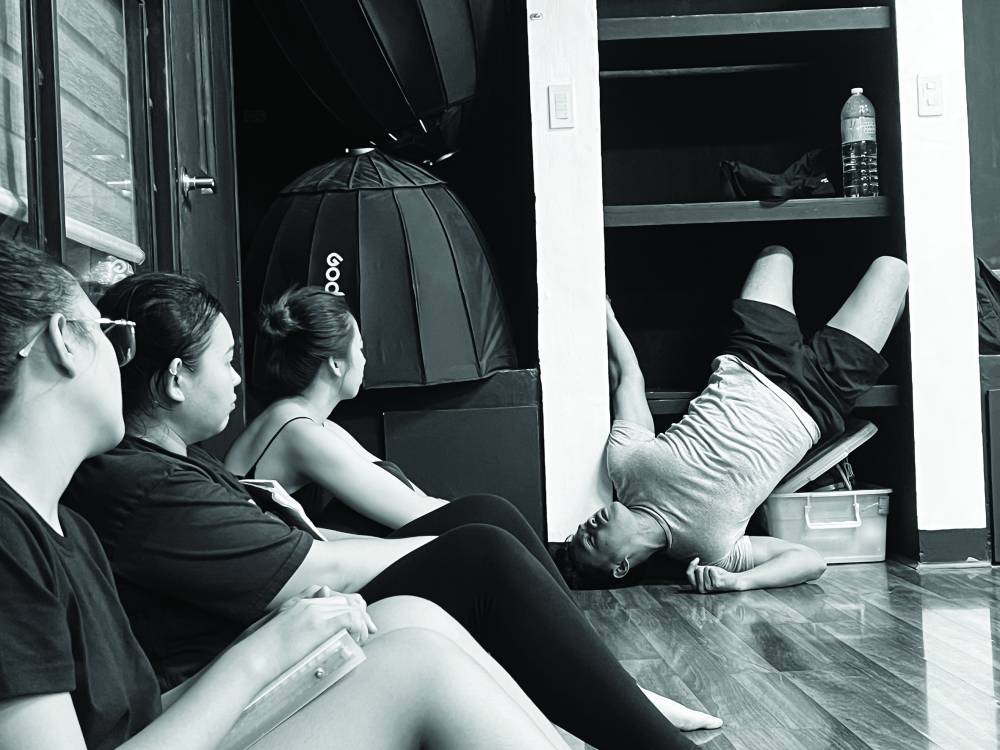
“I encourage them to be creative in the workshop,” he says. “The ultimate goal is to create a safe and inclusive space for artists from different disciplines to collaborate.”
The workshop consists of nine three-hour sessions and a culminating activity of solo performances by each participant. The fee is P10,000. As an artist from the provinces, Cabrera understands the financial barriers to accessing quality training.
“Previous earnings were primarily used to cover studio rental costs. My aim is to make this program accessible to everyone,” he says. “Unlike other workshops, ‘Mugna’s’ training is an ongoing process. After the workshop, students can work on the exercises on their own. The training never stops.”
“Mugna”: Viewpoints and Suzuki” will start on Jan. 27, with sessions every Sunday and Monday from 6 p.m. to 9 p.m. Venue is at EPC Studio Unit 37B and D Centertown Bldg., Domingo Guevara corner Esteban Streets, Brgy. Highway Hills, Mandaluyong. Call tel. 0926-6332743 or email itsmugna@gmail.com. Donors are invited to sponsor a Mugna scholar.

